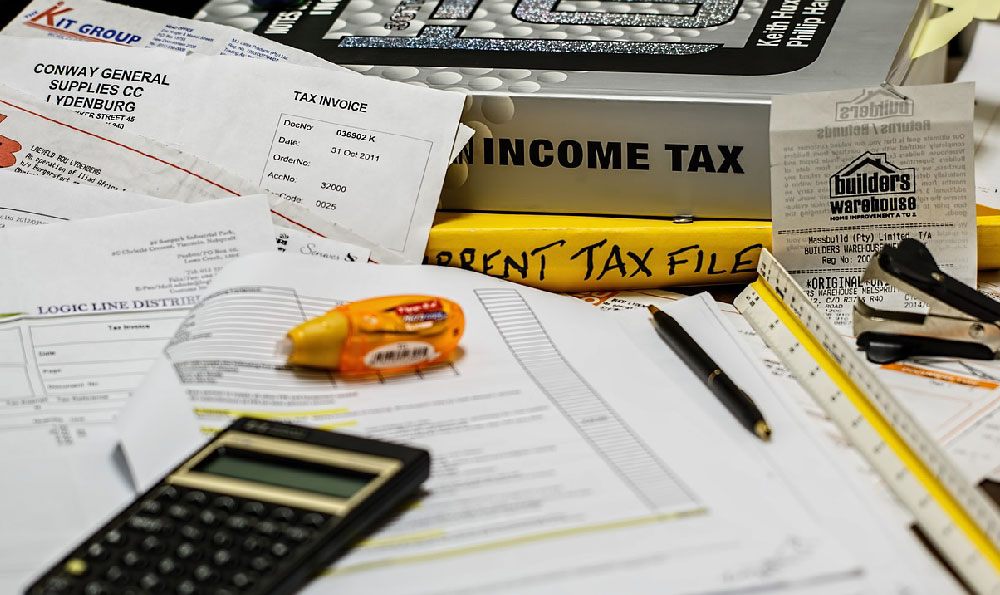Investing in a laundromat, particularly in the current financial landscape, requires careful consideration. The question of whether it's a "smart move" isn't a simple yes or no. It hinges on numerous factors, including your investment goals, risk tolerance, understanding of the business model, and your willingness to actively manage or delegate management effectively.
On the surface, laundromats present an appealing picture: a relatively stable, cash-generating business with consistent demand, regardless of economic fluctuations. People always need to wash their clothes, right? This intrinsic demand contributes to a perceived recession-proof quality. Furthermore, laundromats typically involve minimal inventory management and relatively simple operations compared to other retail businesses. Once established, the business can operate with a manageable level of oversight, potentially allowing for semi-passive income generation. However, this is a simplified view and doesn't capture the full spectrum of considerations.
The "smartness" of a laundromat investment depends heavily on the specific laundromat's condition, location, and the competitive landscape. A poorly maintained laundromat in a declining neighborhood will likely be a money pit, demanding significant upfront investment in repairs and upgrades, while struggling to attract and retain customers. Conversely, a well-maintained, modern laundromat in a densely populated area with limited in-unit laundry options can be a highly lucrative investment. Conducting thorough due diligence is absolutely paramount. This includes analyzing the laundromat's historical financial performance, scrutinizing the lease agreement (if applicable), assessing the condition of the equipment, and evaluating the local competition. Don't rely solely on the seller's information. Verify revenue claims, inspect maintenance records, and conduct independent market research. Talk to local residents, visit competing laundromats, and understand the pricing strategies and service offerings in the area.

The financial commitment involved in acquiring a laundromat can be substantial. Beyond the initial purchase price, factor in expenses such as equipment repairs and upgrades, leasehold improvements (if leasing), utilities, insurance, marketing, and ongoing maintenance. Financing options may include traditional bank loans, Small Business Administration (SBA) loans, or private financing. Understanding the terms and conditions of any loan agreement is critical. Assess your ability to service the debt, considering potential fluctuations in revenue and unexpected expenses.
Technological advancements are also transforming the laundromat industry. Modern laundromats often feature high-efficiency washing machines and dryers, cashless payment systems, and online monitoring capabilities. Upgrading to these technologies can improve efficiency, reduce operating costs, and enhance the customer experience. Consider the potential for incorporating these technologies into your investment strategy. However, remember that these upgrades represent additional capital expenditure, so carefully evaluate the return on investment.
Management style plays a significant role in the success of a laundromat investment. Are you planning to be an active owner-operator, directly involved in day-to-day operations? Or will you delegate management to a third-party company? Active involvement allows for greater control over quality and customer service, but requires a significant time commitment. Delegating management frees up your time, but introduces additional costs and requires careful selection of a reliable and competent management company. In either case, regular monitoring of the laundromat's performance and customer feedback is essential.
Now, let's address how to start. The first step is education. Learn everything you can about the laundromat business. Read industry publications, attend trade shows, and network with other laundromat owners. Understanding the nuances of the business will give you a significant advantage.
Next, define your investment criteria. What are your financial goals? What is your risk tolerance? What is your desired return on investment? These criteria will guide your search for a suitable laundromat.
Then, begin your search. Explore online business marketplaces, contact local business brokers, and network with other investors. Visit potential laundromats, conduct thorough inspections, and gather all relevant financial information.
After identifying a promising laundromat, perform rigorous due diligence. Verify all financial claims, assess the condition of the equipment, evaluate the location and competition, and review the lease agreement (if applicable). Engage with legal and financial professionals to review contracts and conduct thorough financial analysis.
Secure financing. Explore various financing options and select the one that best suits your needs. Obtain pre-approval before making an offer on a laundromat.
Negotiate the purchase agreement. Work with legal counsel to ensure that the agreement protects your interests. Conduct a final inspection of the laundromat before closing the deal.
Develop a business plan. Outline your goals, strategies, and financial projections. This plan will serve as a roadmap for the future.
Implement your management plan. Whether you plan to be an active owner-operator or delegate management, ensure that the laundromat is operating efficiently and effectively.
Monitor your performance. Track your key performance indicators (KPIs), such as revenue, expenses, and customer satisfaction. Make adjustments to your plan as needed.
Finally, consider ongoing maintenance and upgrades. Investing in the upkeep of your laundromat will help to maintain its value and attract customers. Stay informed about industry trends and technologies to ensure that your laundromat remains competitive.
In conclusion, investing in a laundromat can be a smart move, but it requires careful planning, thorough due diligence, and ongoing management. By understanding the risks and rewards, and by approaching the investment with a prudent and informed perspective, you can increase your chances of success. Don't underestimate the importance of professional advice from lawyers, accountants, and experienced laundromat operators. Their expertise can be invaluable in navigating the complexities of this business. Remember that patience and perseverance are key to building a successful laundromat investment.












